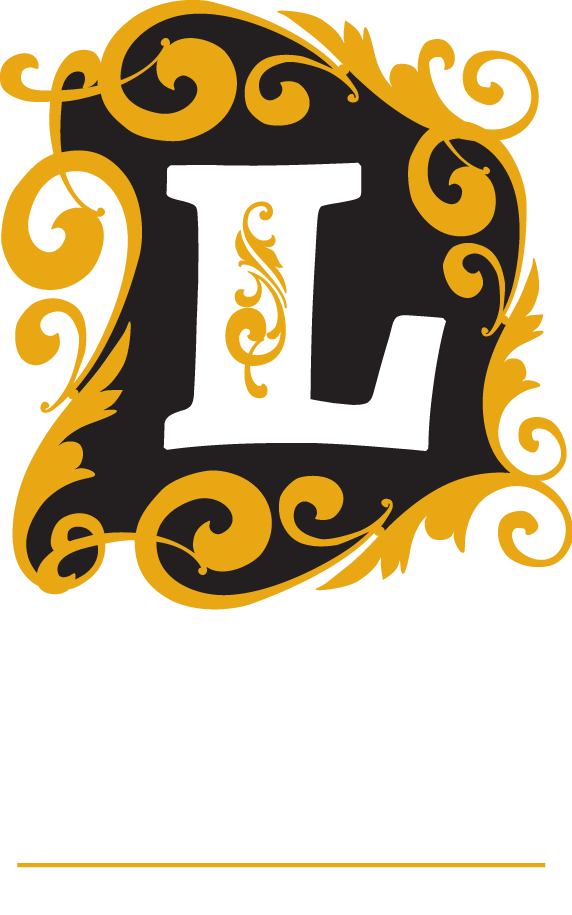Mergers, Acquisitions and Cashing Out
To anyone with more than a passing acquaintance with the specialty coffee industry, yesterday's news that Stumptown Coffee Roasters is being acquired by Peet's Coffee and Tea was bemusing and perhaps vexing, if one bought into the narrative of the small punk upstart slaying the conventional wisdoms of the industry, and forging a path to a sustainable craft experience. A senior Starbucks executive summed up the industry reaction with a loud, "huh".
The reality is that the coffee industry, like pretty much any other, goes through eminently predictable 20 year long cycles of growth, consolidation, brand contraction and rebirth, with new crops of roasters and retailers coming along each time to reshape how this timeless product is packaged and marketed. To wit, Starbucks' own purchase and assimilation of George Howell's Coffee Connection (arguably the seminal third wave coffee brand) in 1995 or so was met with the same reaction and disappointment among the coffee cognoscenti that we're seeing today. With each cycle comes genuine advancement in how product is prepared, but these incremental improvements are largely secondary to the rebranding and rebadging that bring new eyeballs to a relatively static product paradigm, namely that we want a good cup of coffee, made reasonably quickly and at a reasonable price. That fundamental truth consistently drives the conversation back to a predictable center, and to the resultant aforementioned lifecycle.
With each cyclical turn comes a crop of roasters and retailers jockeying for position to be the next Starbucks, or in this case, the next Stumptown, to make a splash, raise venture capital and to finally sell the business off to the guys on the next rung up the ladder. And every time, the marketing angle involves exhorting the conscious consumer to buy better crafted product from the little local guy, who's sticking it to the big bad multinationals, until those same multinationals come along and buy the whole thing out, at which point the product gets diluted, everyone leverages each other's expertise and distribution channels to sell more products under all the brands, and we all live happily ever after. Or at least until the cycle starts up again.
All this to say that we at Lulu's have always marketed ourselves as a micro-brand, a community based business here in Santa Cruz. We don't aspire to be a large chain, or to be anything other than what we are today. I don't even know any venture capitalists, and if I meet one in the wild, I'd buy him or her a cup of coffee and have a nice chat, but I don't think much would come of it beyond that. Sure, we look at building new stores every so often, and we frequently do strange things that end up becoming new business operations, but we don't really aspire to to cut a much wider swath across the consumer landscape. So, no Los Angeles, San Francisco, Chicago or New York in our foreseeable future.
We wish Stumptown well on their journey, and we wish the next wave of Stumptown-wannabes well too. We're going to keep doing what we're doing, and keeping it real, right here and right now. Santa Cruz isn't a stepping stone to our future growth into a company that we can sell off to the next-tier coffee brand looking for street cred. It's our home, and we're pretty happy just being here. I think in our own peculiar way, that makes us punks too :-)
See you around the neighborhood.

